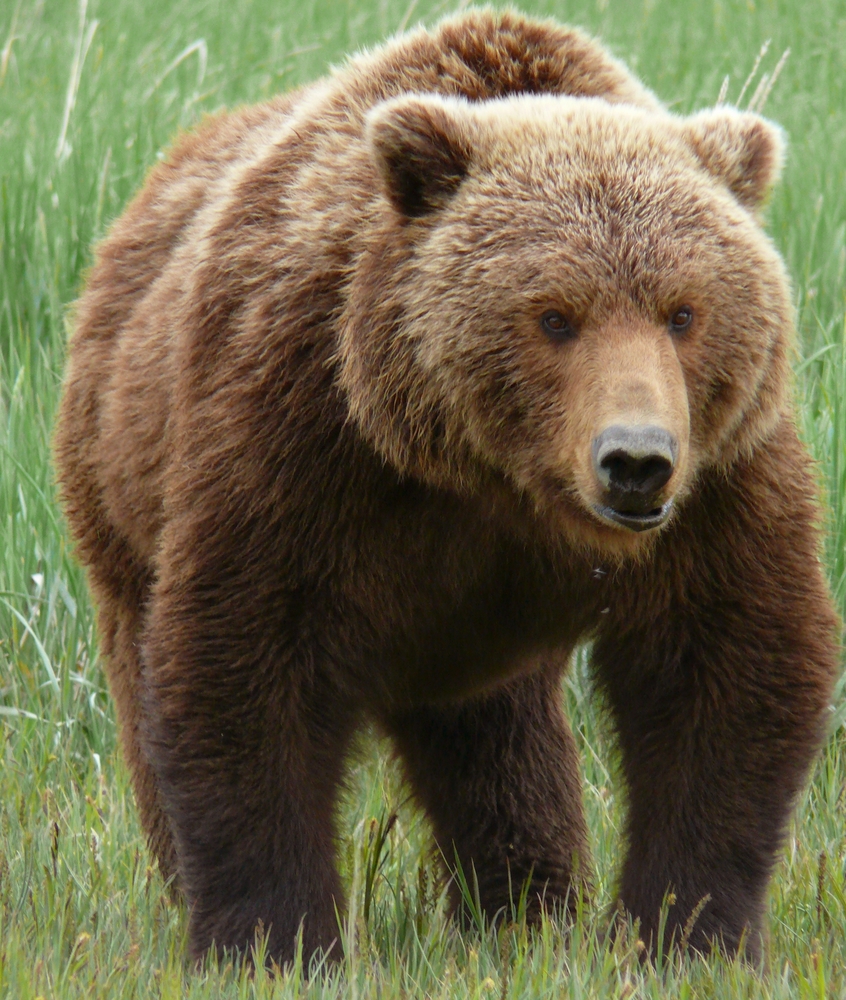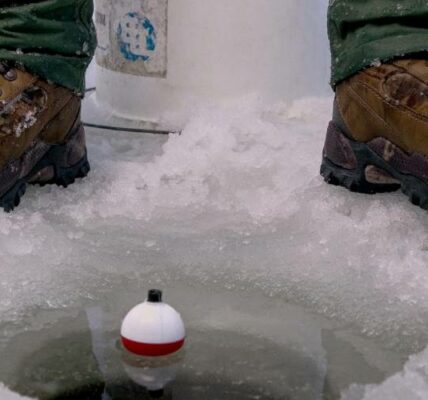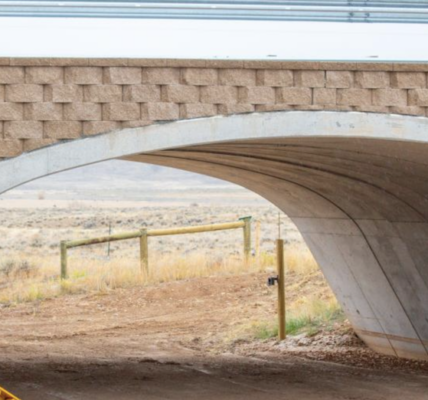By Mike Koshmrl
Jackson Hole Daily
Via Wyoming News Exchange
LANDER — After little discussion and few questions for wildlife managers, the Wyoming Game and Fish Commission signed off on a plan Wednesday to target up to 22 grizzly bears in a hunting season that will start in just over three months.
Over three hours of presentations and public comment preceded the historic decision, which OK’d a proposal geared toward reducing the population of grizzly bears in Wyoming’s portion of the Greater Yellowstone Ecosystem.
Conservationists, Native American tribes and wildlife photographers were quick to condemn the now-approved hunt, but to Wyoming wildlife officials the move signifies the next chapter in the decadeslong recovery of a large carnivore confined solely to Yellowstone National Park as recently as the 1970s.
“This commission has certainly been involved in one of the greatest conservation success stories in the world,” Wyoming Game and Fish Department Chief Game Warden Brian Nesvik said. “It’s a much different picture and a much, much different story 40 years later.”
At last count, 718 grizzlies roamed the Yellowstone region in which the species is closely monitored, and an untold additional number of bears exist on the ecosystem’s fringes. The U.S. Fish and Wildlife Service’s 2017 decision to delist Yellowstone grizzlies as a threatened species — a reclassification that was greeted by six lawsuits — enabled hunting of the population. The pending litigation threatens to upend the state’s hunt before it’s scheduled to begin, either Sept. 1 or 15, depending on the area.
Wildlife managers have pitched Wyoming’s first hunting season since 1974 as data-driven, conservative and cautious. It’s a contention that has attracted controversy and was a target of citizens who spoke at the Lander meeting.
“It appears that Wyoming is using all of its discretionary mortality for trophy hunting,” Sierra Club staffer Bonnie Rice said.
The state’s plan treats grizzly hunting differently depending on where it occurs.
In a “demographic monitoring area” shared with Montana and Idaho, there are strict limits on hunting imposed by a tristate agreement that federal wildlife managers required during delisting. Montana opted not to hunt its share of the grizzlies the agreement allotted in 2018. Idaho is moving forward with a hunt aimed at a single grizzly. Wyoming is using its total allocation to target up to 11 grizzlies in this zone — no more than 10 boars and a sow — with a system that will allow hunters into the field one at a time.
Because Yellowstone grizzly numbers are above the three states’ target, 674 bears, a hunt that uses all the “discretionary mortality” will slowly reduce the population, state officials say.
Wyoming has total control on the outskirts of grizzly range, and in these places, dubbed “hunt area 7,” a separate 12-bear hunt for either sex is being implemented. Its goal is to drive down the population more quickly. Game and Fish argues that grizzlies are poorly suited for these areas and the bears in hunt area 7 aren’t essential to the Yellowstone population.
About five dozen people showed up to hear the commission’s deliberations and decision.
Daniel resident and cattleman Charles Price, a former commissioner, urged the seven-person panel to move forward with the hunt. The single sow being targeted in the core areas is understandable this first year, he said, but he argued for more pressure in the future.
“If you have a depredating female, she is teaching those cubs to be depredators,” Price said.
Jackson Hole resident Sharon Mader, of the National Park Conservation Association, had the opposite take.
“Wyoming should not allow females to be shot, period,” she said.
Mader urged Game and Fish to hold off on hunting for now and to increase safeguards around the parks if it proceeds. Already, there’s a no-hunting buffer along the eastern boundary of Grand Teton National Park and restrictions on hunting bears within a quarter-mile of named highways in the monitoring area. Several speakers thanked the Game and Fish for the regulations.
The Game and Fish Commission unanimously voted in favor of the first grizzly hunting season in 44 years, with no discussion of potential changes or issues raised by the public. The volley of seven ayes was met with silence from the room.





